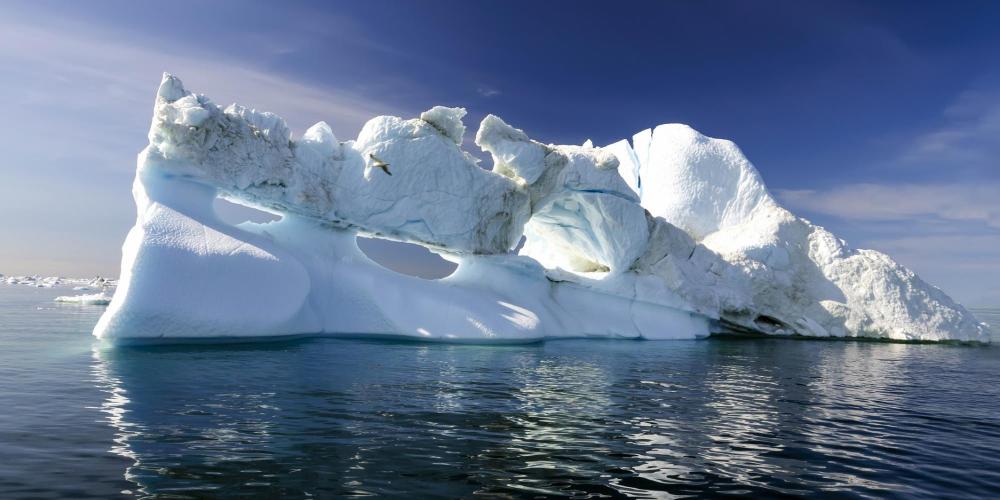
Arctic Encounters: Contemporary Travel/Writing in the European High North
Tourism in the Arctic is currently in a boom phase. Warming conditions have opened up more accessible routes to the High Arctic, resulting in a rapid increase in circumpolar cruise travel. Some of the more traditional European sub-Arctic destinations, such as northern Norway and Iceland, are now experiencing record numbers of tourists, with local and national infrastructure struggling to keep up.
Understandably in this context, recent Arctic tourism research has tended to focus on sustainability-oriented issues of management and governance. Most of this research, as in the tourism studies field as a whole, has been dominated by the social sciences, and has tended to be quantitative in nature.
Arctic tourism research has concentrated on tourist numbers and distribution. It has examined the impacts and effects of tourism, and the values and attitudes bound up in tourists’ experiences. Such research has been valuable in helping to:
- determine and regulate tourism policy
- ensure best practice for the tourism industries
- plan a sustainable future for Arctic peoples, both indigenous and non-indigenous, who are increasingly reliant on tourism.
This raises the issue of what might be gained from a more qualitative humanities-based perspective on the Arctic. The main objectives of this project have been to:
- investigate recent or emergent forms of tourism in the European High North, and to assess the cultural encounters they instantiate, the political implications of these encounters, and the environmental issues they raise
- put tourism practices in dialogue with tourism imaginaries by looking at the relationship between tourism and contemporary verbal/visual representations of travel in, for example, travel writing, photography and film
- put these practices and imaginaries in further dialogue with the intertwined colonial histories of the region, for example, by making a case for the European High North and the Arctic as ‘postcolonial’ territory
- share both critical and creative insights on tourism in the European High North with major industry stakeholders, especially Arctic-oriented tour operators and travel companies, with a view to further developing responsible and culturally sensitive forms of tourism in the region
- open up these insights to wider, non-specialist audiences; to give these audiences a chance to develop their own skills in manufacturing tourism products, for example, travel writing and photography; and to work towards an increased public understanding of Arctic tourism and of the Arctic at large
Prof. Graham Huggan
Project Leader
University of Leeds
United Kingdom
Project Partners
Prof. Graham Huggan
Project Leader
University of Leeds
United Kingdom
Dr Simone Abran
Leeds Beckett University
United Kingdom
Dr Britt Kramvig
University of Tromsø
Norway
Dr Katrín Anna Lund
University of Iceland
Iceland
Dr Lars Jensen
University of Roskilde
Denmark